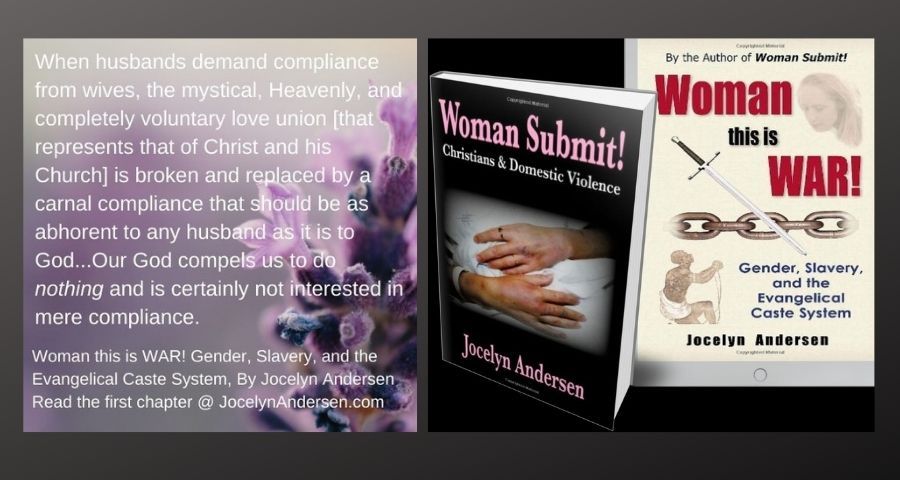Likewise younger yield hypotasso [1] to
elders Yes all of you yield one to another and be clothed with humility for
God resists the proud and gives grace to the humble (1 Peter 1:5)
The
portion of 1 Peter 1:5 that proves hypotasso has more than one meaning, is missing from many Bible
translations (check your Bibles!), with the , subjective, and absolutely false, footnote
that the verse is not found in the oldest and best manuscripts.
We know this statement
is patently false, as the verse is
found in Koine Greek texts (Koine Greek was
the language of the common people during the time of Christ, and is the dialect
the New Testament was originally written in—no one disputes that (1st
Century A.D.).
That fact alone, traces the verse to the time of the apostles.
There are over 5000 extant (still existing) copies that contain 1 Peter 1:5. The
verse is missing only from the classical
Greek texts (Minority Texts), which can be traced only to Origen (suspected editor), in Alexandria, Egypt (4th
Century A.D.).
Why would this verse be eliminated from the record by the
editors of the [“eclectic”] Minority Texts, when it is the premiere example of Christian usage of the word hypotasso, as meaning yield, or prefer
one another before selves—and not as
martial hierarchy? This writer believes the reason for this, is that the entire
passage (verses 1-5) refutes the martial hierarchy imposed by the Church of
Rome (after the brief honeymoon between church and state [caused by the
political conversion of Constantine] was over). Augustin supported the
paramilitary hierarchy imposed by the Vatican. He cultivated such, with the
great weight of his influence, supporting persecution of dissenting views and
conversion by compulsion.
But—most importantly—if hypotasso does not always mean "arranged under," (and it does not), if it does indeed carry an additional,
literal, meaning of yield (and many authorities agree that it does), as in
prefer one another before yourselves, and not
only martial hierarchy (as used in the literal military), then women could not be kept in their gender
subordinated “places.”
This was a paramount concern in the time of Origen and
Augustin, just as it is today. But during the earliest times of the Church, at the time Peter wrote his
epistle (originally written in the Koine
Greek and preserved in a few English translations, including the KJV), women
were treated as functional equals to men. Women were recognized as elders and deacons, even
apostles presbytero, diakonos, apostolos in the churches.
It is,
therefore, imperative to understand the danger 1 Peter verse :5 posed, to
both the hierarchal religious system of the 3rd Century and
beyond, and the gender hierarchy that was rejected by the earliest followers of
Christ.
Woman this is WAR! Gender Slavery and the Evangelical Caste
System, Examines misogynistic Bible translation and commentary, which has
adversely effected understanding of the scriptures, relations between women and
men, happiness of men and women, and hindered the work of the gospel. The
reader is educated about historic parallels between the twin causes of
abolition and women’s rights, while the history of women’s rights is traced
back much further, to the very first feminists…who were Christians—godly women
who brought the issue of women's rights to the forefront as they struggled to
alleviate the suffering of others, and found they were hindered in doing so for
no other reason than the fact of their sex. This book, provides valuable
historical insight into Christian initiatives in the movements for women’s
rights, that are rarely included in Christian literature.



No comments:
Post a Comment